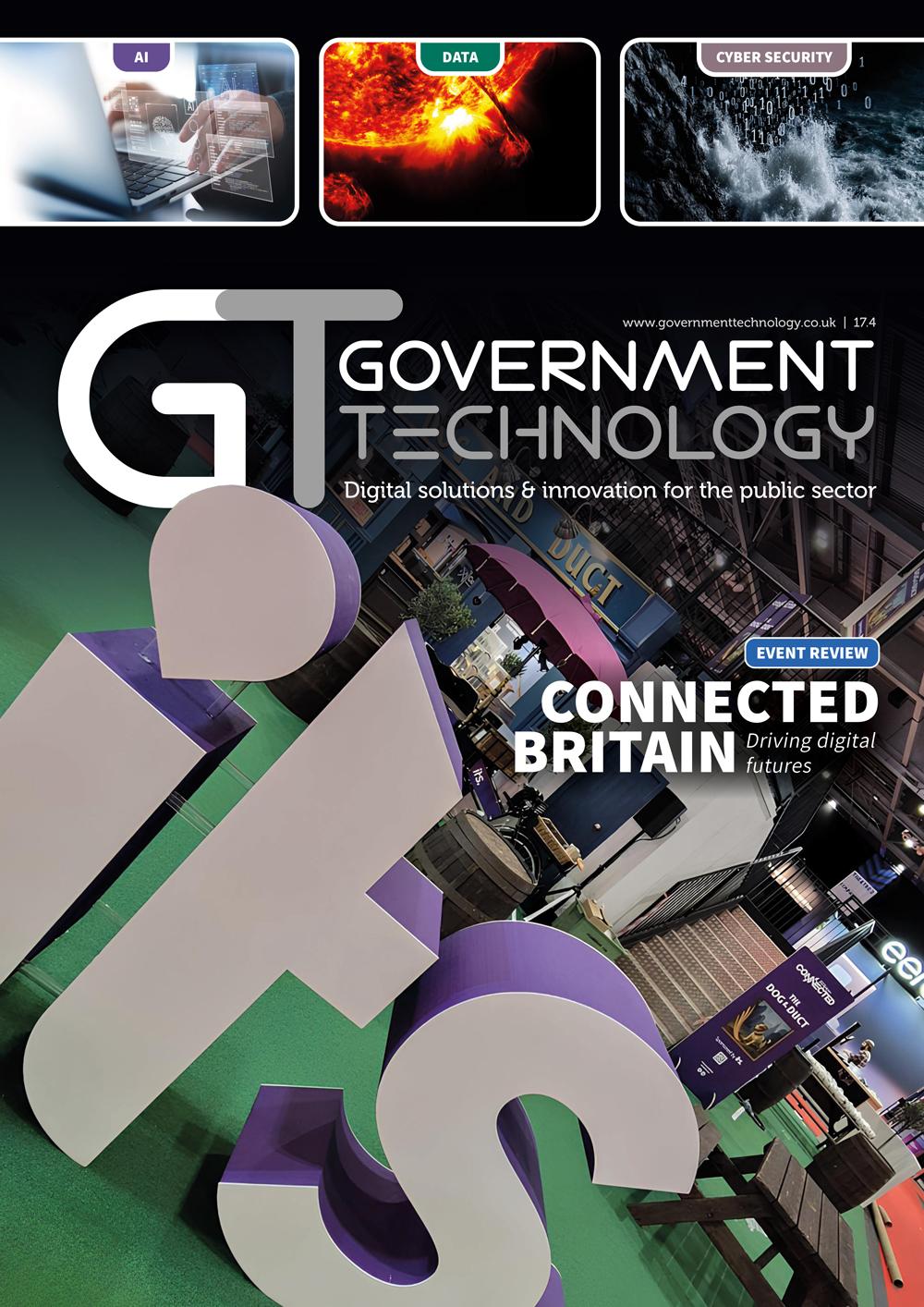The NHS is using AI to predict patients who may be at risk of becoming frequent users of emergency services so staff can get them more appropriate care at an earlier stage.
It is hoped that the intervention will ensure that thousands of people get the support they need earlier, while also reducing demand on pressured A&Es.
There are more than 360,000 patients who attend A&E more than five times every year.
NHS teams are now using data-powered initiatives to identify them and are proactively reaching out with support to prevent them from attending A&E.
High Intensity Use (HIU) services use the latest data to find the most regular attendees in their area to identify and resolve the reasons patients are coming forward for care so regularly. This is often associated with poverty and social isolation.
HIU services have been rolled out to support more than 125 emergency departments across England, which provide patients with one-to-one coaching support in their own homes to tackle the root cause of why they are visiting A&E.
Projects have already helped reduce the number of frequent attendances by more than half in some parts of the country. For example, South Tees Hospitals NHS Foundation Trust recruited a dedicated keyworker to offer social, practical and emotional support to 20 HIU individuals and helped them more than halve their visits to A&E.
In North East London, teams are using AI-powered prediction software to routinely collect hospital data to identify patients who require immediate preventative support to avoid future, unplanned visits to the hospital.
Amanda Pritchard, NHS Chief Executive said: “The NHS is going into winter busier than ever before and as ever, despite huge pressure and a potential ‘quad-demic’, our incredible staff are doing everything within their power to provide the best possible care to patients.
“We know that a small proportion of the population are much more likely to use A&E or ambulance services, so it is important we give them the targeted support they need this winter before they get to the front door of an emergency service – this is much better for them but will also help to relieve pressure on the NHS.
“Initiatives like using AI to spot those who may need extra support in the community help provide more personalised care and must be central to our 10 Year Health Plan.”
Health minister Karin Smyth said: “We inherited a broken NHS that is dealing with record admissions heading into winter, which is why we’re investing £26 billion in the health service and have set out our Plan for Change to get the NHS back on its feet.
“But investment must come with reform, and these fantastic services are great examples of how innovation and partnership working can transform the NHS.
“They offer a double win for getting vulnerable patients the right support and saving the precious time of busy A&E staff.
“We want to share more of this best practice through the three shifts in our 10 Year Health Plan – moving from hospital to community, analogue to digital, and treatment to prevention.”


